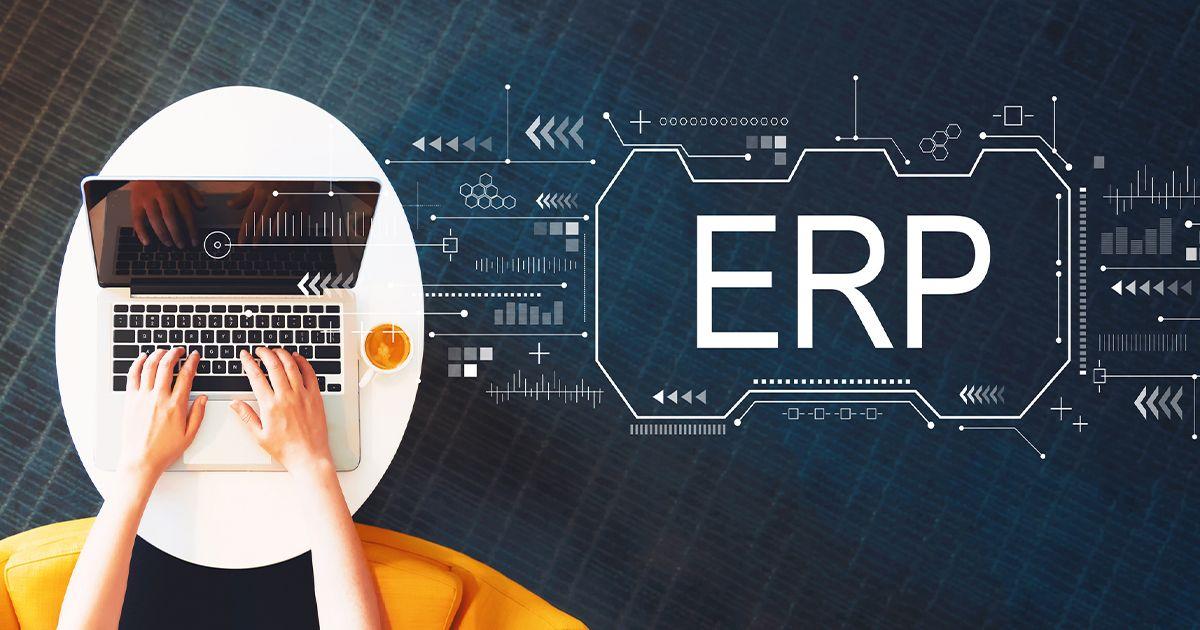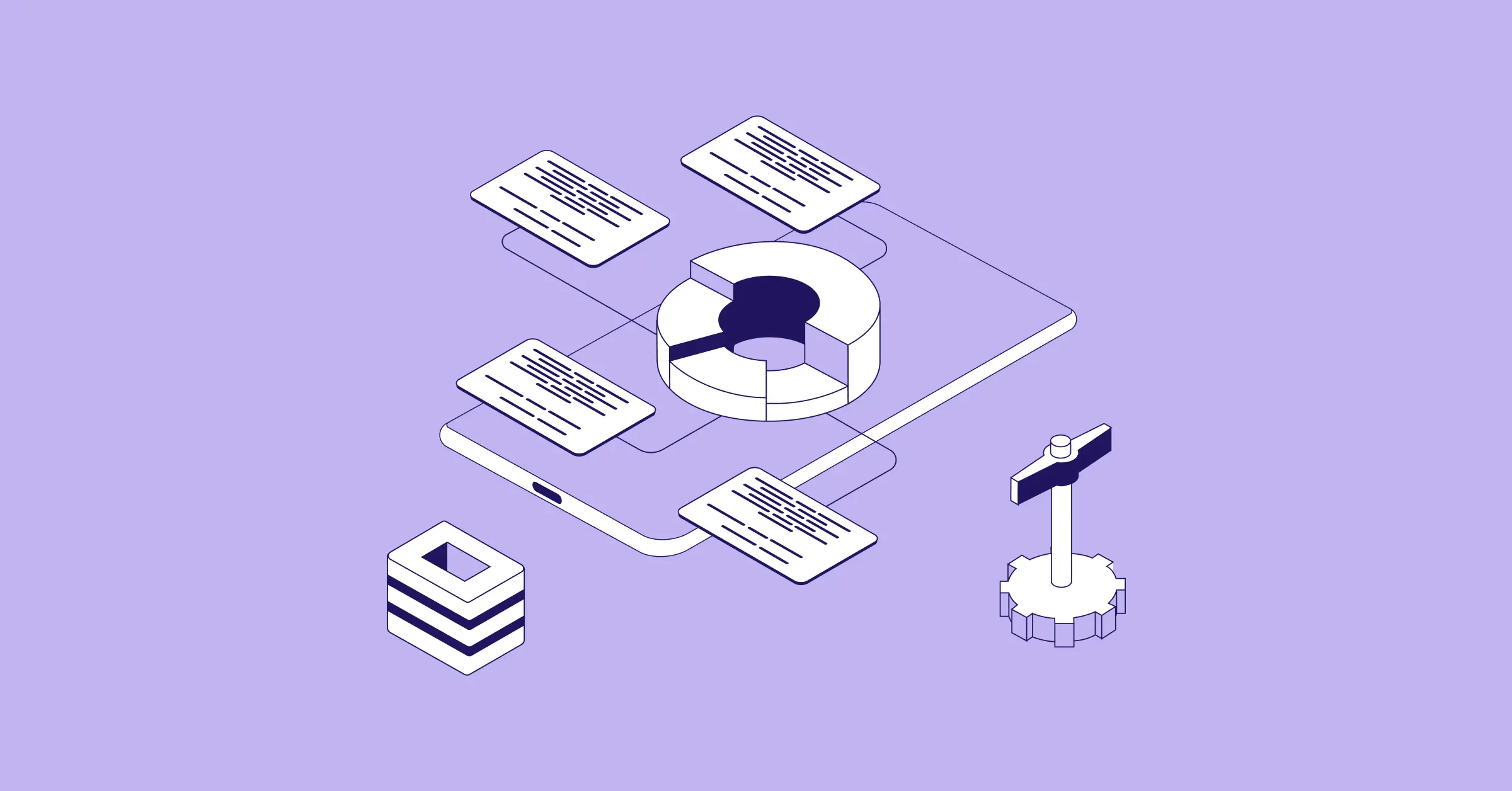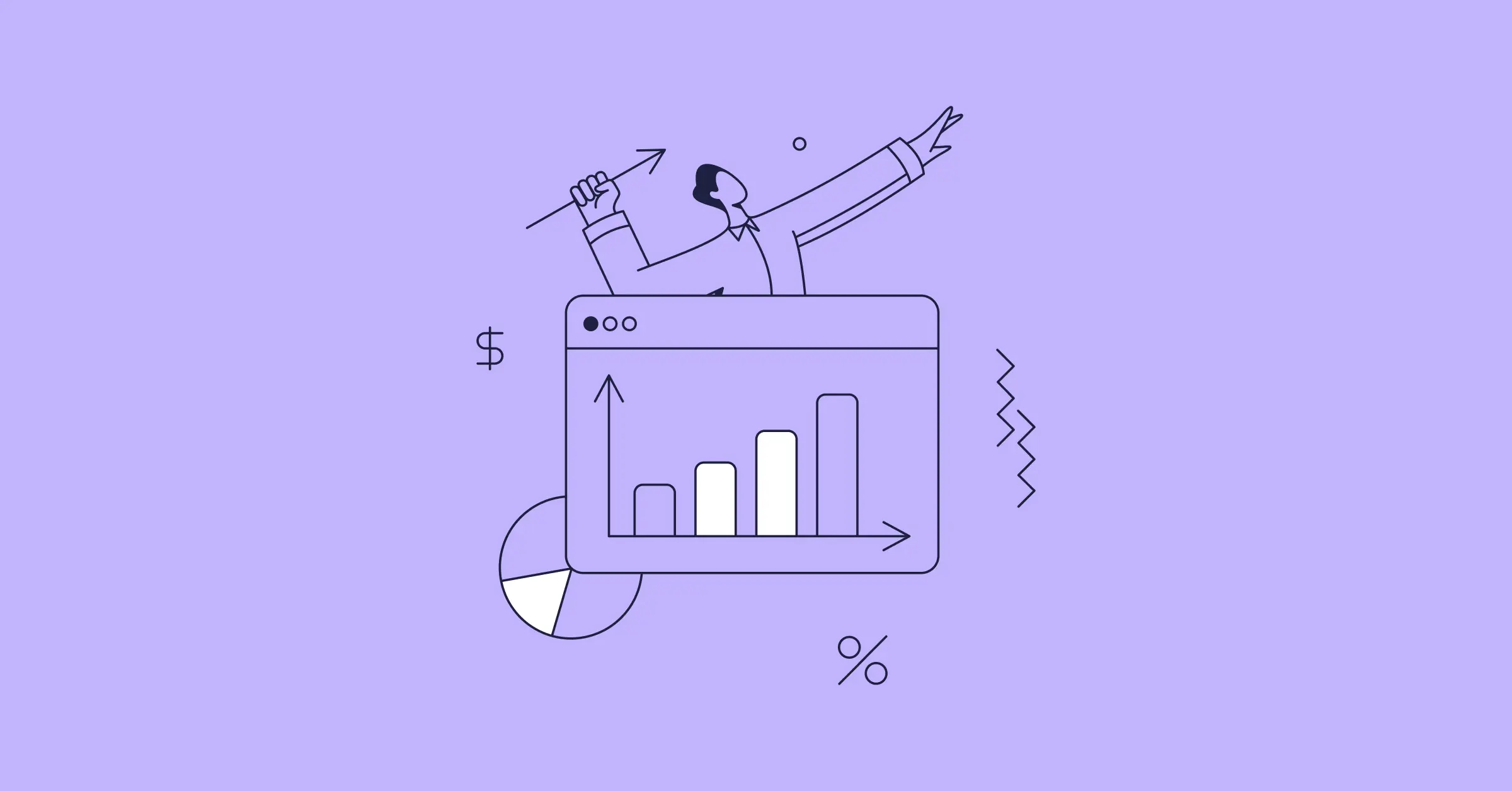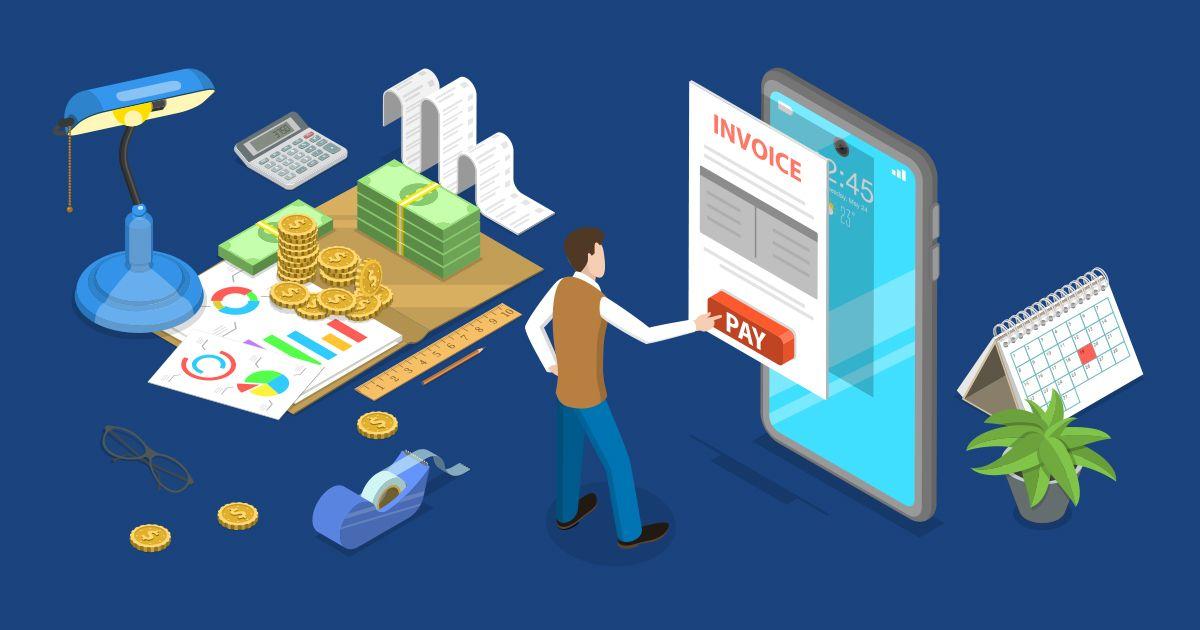November 03, 2022
What are the major ERPs on the market?

Sign up for our newsletter
Stay informed with the latest trends and best practices in finance and procurement.

An ERP is an Enterprise Resource Planning system and is one of the leading software businesses use to better manage their internal financial processes, specifically concerning non-payroll spend, procurement, and reconciliation. However, selecting an ERP vendor is easier when you know what to look for. We offer an in-depth look at the various ERP vendors that are ranked the highest among businesses across different industries. The following ERP systems are strong in functionality and work well for multiple sectors such as retail, government, manufacturing, distribution, finance, professional services, and more.
This article will cover the following topics:
- The utility of ERP software
- What constitutes a good ERP system?
- The Top ERP Systems on the market
- Selecting the best ERP for your business
- How PayEm integrates with your ERP
The utility of ERP software
ERP systems provide a full range of versatility for companies across various industries. ERP software is ideal for companies looking to increase efficiency while streamlining daily business operations. They offer agility in their ability to keep track of all business data while compiling this information and offering one convenient dashboard. ERP systems provide the speed, flexibility, and remote accessibility businesses need through a convenient cloud-based system. ERPs also offer flexibility in that they can be modified or altered, as needed, to run applications on flexible and configurable platforms.
What constitutes a good ERP system?
Undoubtedly, ERP systems provide businesses with a flexible and dynamic control center from which to manage a wide range of different business processes. However, it can be challenging to decipher what exactly constitutes a good ERP system. Taking the time to note the key points for selecting a robust ERP system is crucial to ensure that you can make the best decision for your company.
Some of the key features of a good ERP system include the following:
Organizational compatibility: The ERP you choose should fully align with your key business goals. It should be able to support those goals and provide the features needed to ensure they are realized.
Integration: It's imperative to select an ERP that offers excellent integration with your existing systems and processes. If your ERP system can easily integrate with existing programs and applications, this will ensure a smoother workflow.
Ongoing support: Support is crucial with an ERP system, especially if you have just transitioned to one and need to complete the integration process. Choosing an ERP system with excellent support will ensure that the transition to an ERP system is a seamless one. It also guarantees that you get the help you need as you continue to use your ERP system throughout
the years.
Focusing on these key points will assist you in choosing the best ERP system for your business needs. Selecting a robust yet flexible and configurable ERP system is essential as your business evolves and grows. Your ERP system can adjust to your changing business needs to guarantee efficiency and productivity over time.
The Top ERP Systems on the market
Below is an overview of the top ERP vendors on the market today. When compiling this list, we considered vendor size, customer sentiment, customer adoption rates, comprehensive functionality, ease of integration, and maturity of the ERP system.
Netsuite
Netsuite has been a leader in the ERP arena for over 20 years and is still a solid performer against the upsurge of newer ERP software companies. Its native cloud architecture, robust functionality, and ability to fully support core business processes have made it one of the premier choices. Netsuite provides a variety of applications for everything, including financials, warehouse management, and more. This ERP solution is ideal for small and medium-sized businesses and global enterprises.
SAP
The SAP ERP systems include SAP Business ByDesign and SAP S/4HANA. These provide a host of features that benefit businesses across various sectors. Some of the features offered through SAP include machine learning, embedded analytics, and process automation. SAP provides both cloud and on-premise ERP systems.
Microsoft Dynamics 365
Microsoft has emerged as one of the powerhouse providers of ERP systems with their ERP software Dynamics 365. This ERP system is entirely cloud-based and easily integrates with Microsoft products for ultimate flexibility. Dynamics 365 is an ideal choice for businesses of all different sizes and offers state-of-the-art options such as AI tools, productivity features, CRM management, and more.
Workday
Workday is quickly becoming a popular choice for companies searching for ERP vendors that serve the financial sector. Workday serves as a SaaS HCM (Human Capital Management) application. However, now it provides ERP cloud services that support HR, planning, payroll, and financials. Its annual revenue is over $4 billion and has been steadily growing at 25%.
Syspro
Syspro is a leading ERP vendor with a wide range of features to support essential processes for distributors and manufacturers in different industries. SYSPRO is widely used in Europe and is also making strides in the U.S.
Salesforce
Salesforce has a leading presence in the CRM realm. However, it is now offering a serious ERP solution known as Rootstock. This fully featured ERP system provides exceptional support for distribution, manufacturing, and supply chain businesses. FinancialForce is another Salesforce ERP solution that provides fully featured services for the finance and accounting sectors.
Selecting the best ERP for your business
Choosing the most appropriate ERP for your business is contingent on various factors. Primarily, you will want to focus on some key areas to ensure you are making the best selection for your needs:
Integration: If your business has existing applications and programs that are heavily relied on, it will be beneficial to choose an ERP system that will work to support those needs,.
Flexibility: Businesses differ in terms of their needs, which can constantly change. For this reason, it's recommended to select an ERP system that has the flexibility to keep up with these changes. A legacy system such as Netsuite has been around for over two decades and would be an excellent choice for a growing business as it serves companies at all stages of growth.
Price: The price of the ERP software will determine which option is selected. This is especially relevant for newer businesses that are just starting out but are ready to use ERP software. Understanding how the initial price will be reconciled after long-term cost savings are realized should also be factored into the decision-making process.
All-In-One: ERP systems are an all-in-one platform that grows with the company. As the business expands, the ERP system can adjust to accommodate the changing needs. It's helpful to consider ERP providers who offer agile solutions that consider the needs of an evolving company.
How PayEm integrates with your ERP
PayEm is a connected business solution that integrates with your existing ERP system seamlessly. PayEm provides a cohesive platform for syncing disparate business processes to create a smoother workflow, the benefits of which include the following:
- A centralized dashboard
- Simplified multi-territory management
- Auto-categorize and sync with ERP systems
- Simple to navigate interface
- Complete visibility
- Dashboard with insights and metrics
For companies seeking a cloud-based system that integrates well with NetSuite or your other ERP system, PayEm provides an ideal solution. So, if you're looking for ERP solutions and integration support, contact PayEm's experts for a commitment-free, no-cost demo of the platform.


